Cynthia Lawrence-John is a very busy woman. So we were pleased when the freelance stylist and fashion director of Volt Magazine – a bi-annual independent fashion magazine – found time in her hectic schedule to meet us at her clothes-crammed studio in London-Islington to talk fashion.
Cynthia studied film and photography, becoming a stylist accidentally; a career she has successfully maintained for more than ten years. Having assisted Dazed & Confused’s Alister Mackie, Cynthia decided to go her own way as a stylist. Nowadays her clients include internationally renowned brands like Adidas, Nike and Diesel. Her editorial work has been published in i-D, Dazed & Confused, Interview, GQ, Arena Homme Plus and Volt. She has also been responsible for the looks of celebrities such as Lady Gaga, Johnny Depp and VV Brown, among others.
When we met her during a frantic time of movie costume designing, lookbook and music video shoots, Cynthia still came across as the embodiment of cool. When you experience her relaxed nature you can’t tell what a hard-working woman she is. Somehow she manages to stay calm and on top of things, even if she’s doing several challenging jobs at the same time. It must be her years of experience and her army of assistants that cause the ease, which is rare in this industry.
Flicking through Jean-Philippe’s images, at the end of our interview, Cynthia is impressed. “You actually made me look like an interesting person,” she says. Indeed, she is.

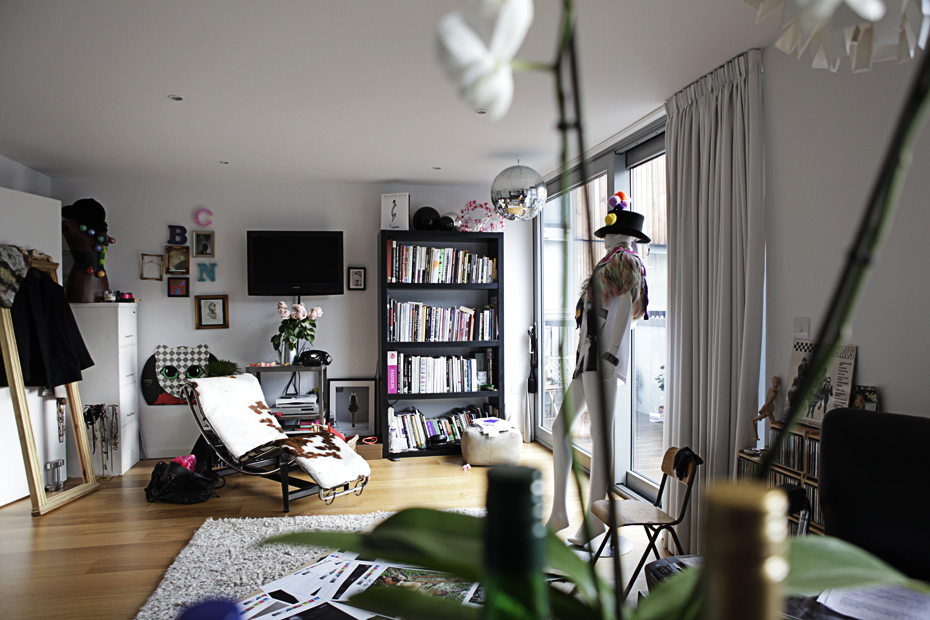
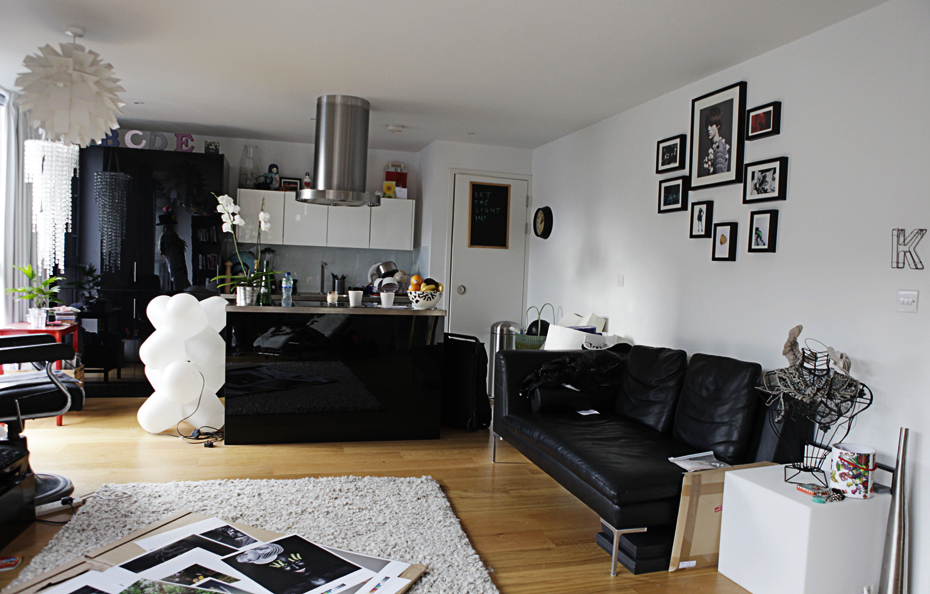
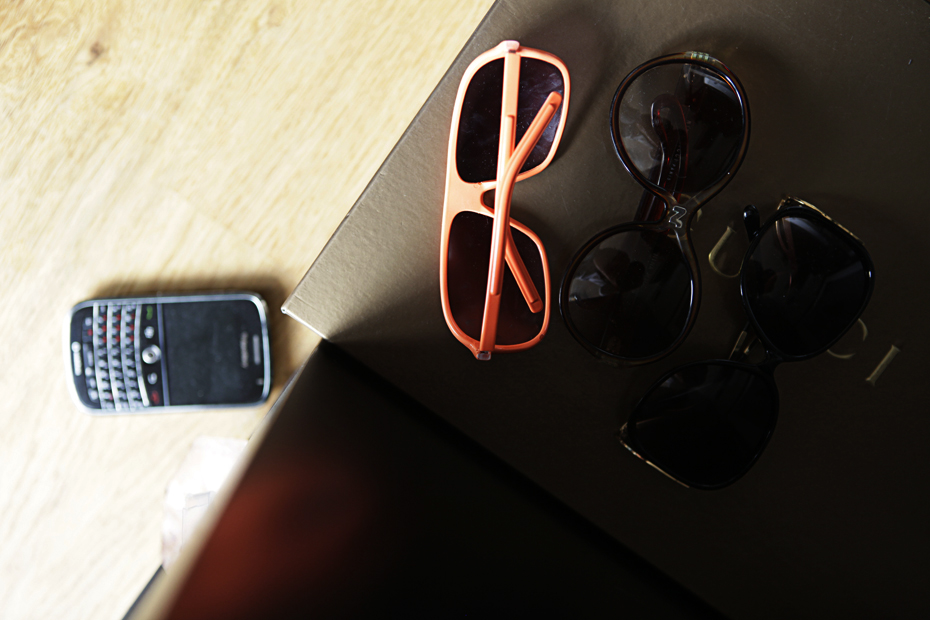
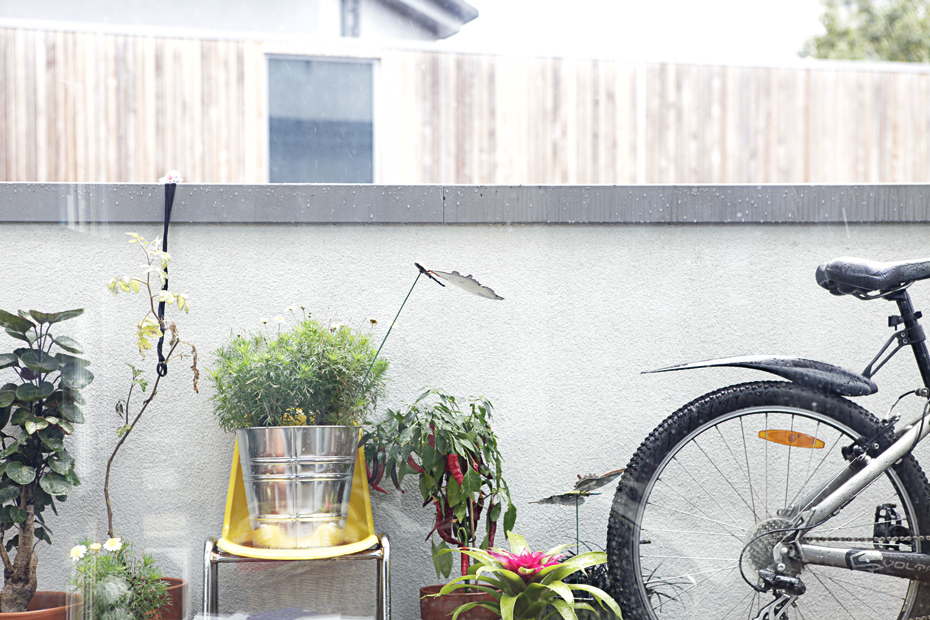
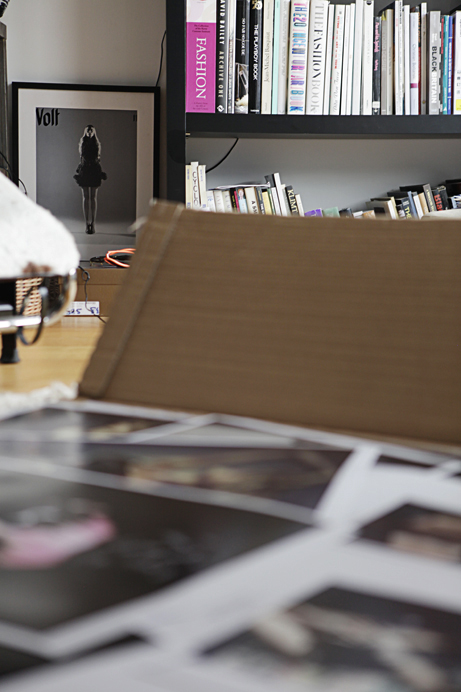
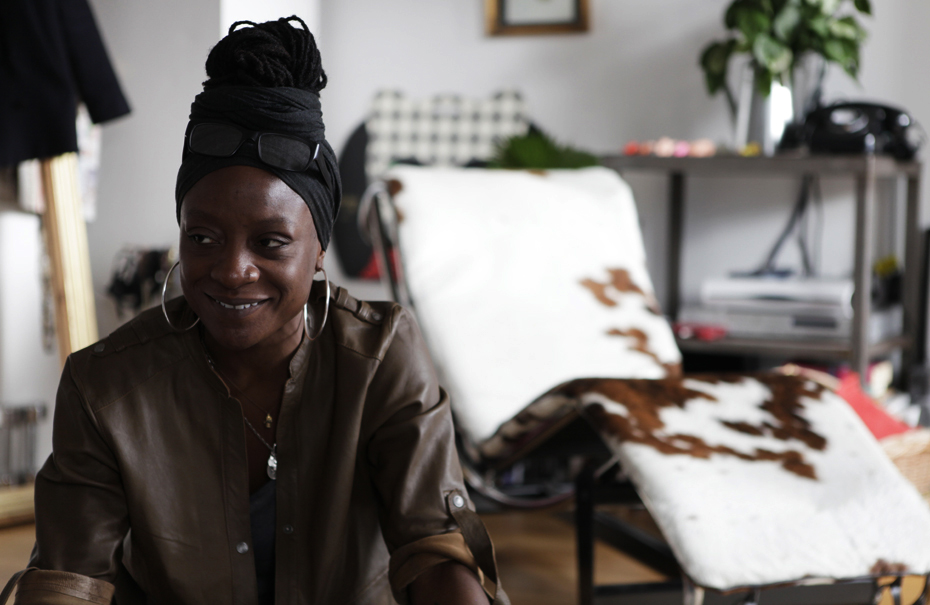
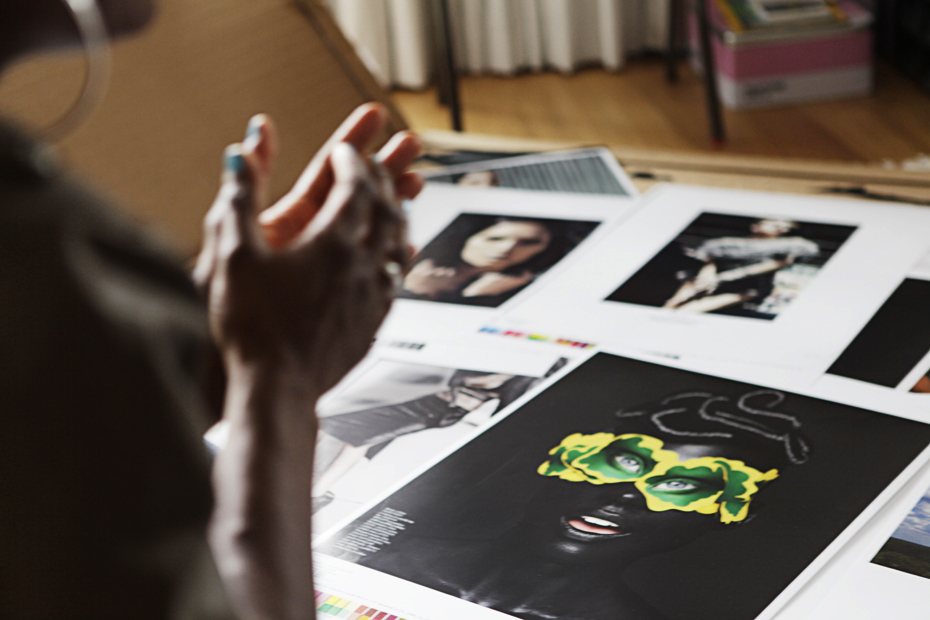
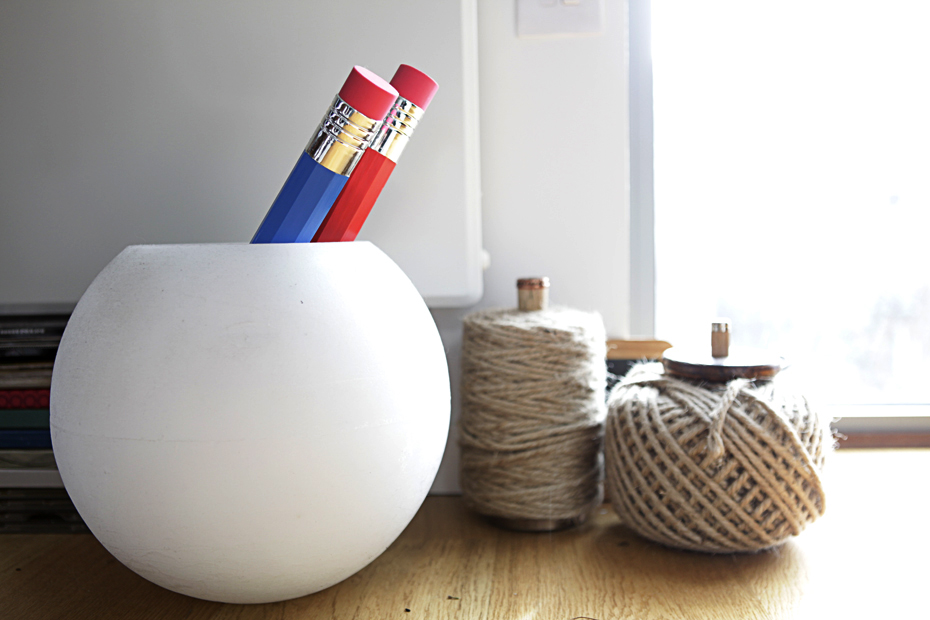
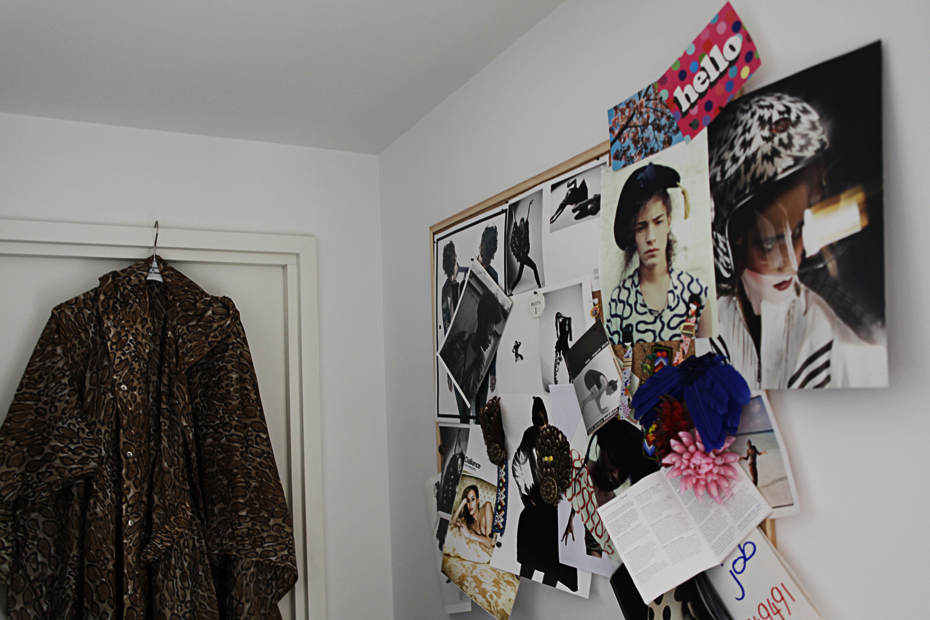
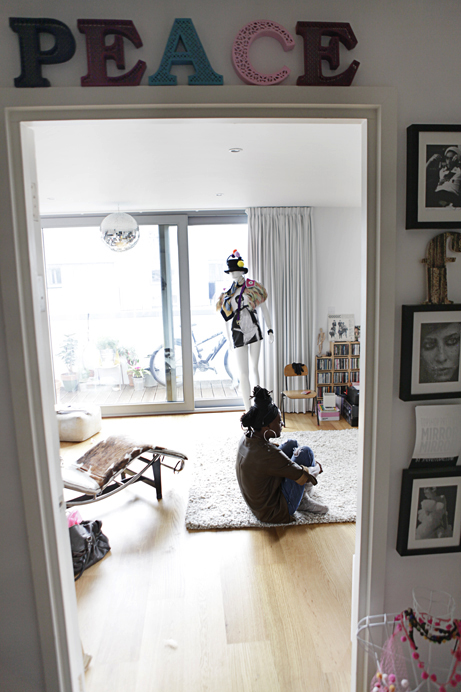
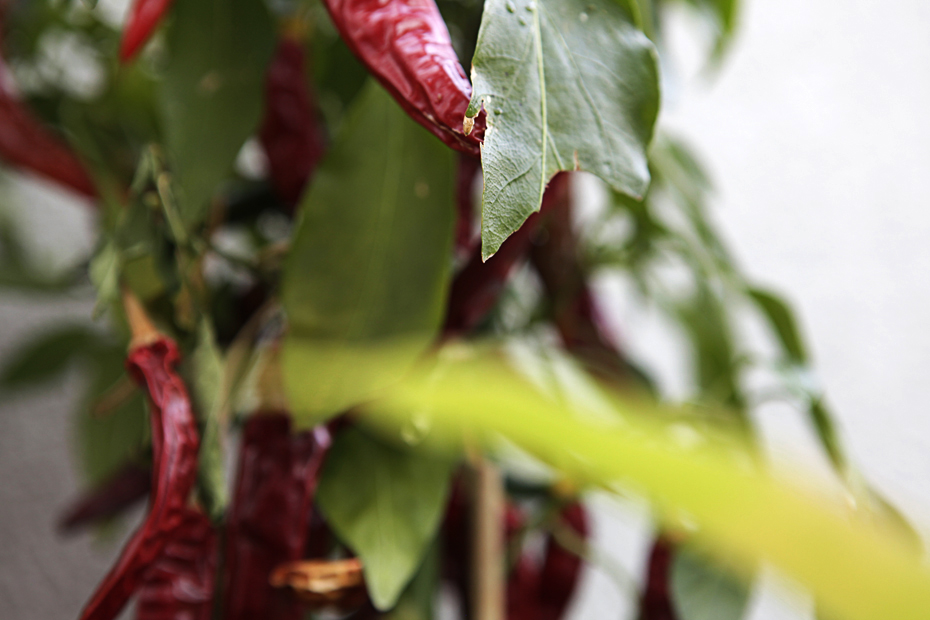
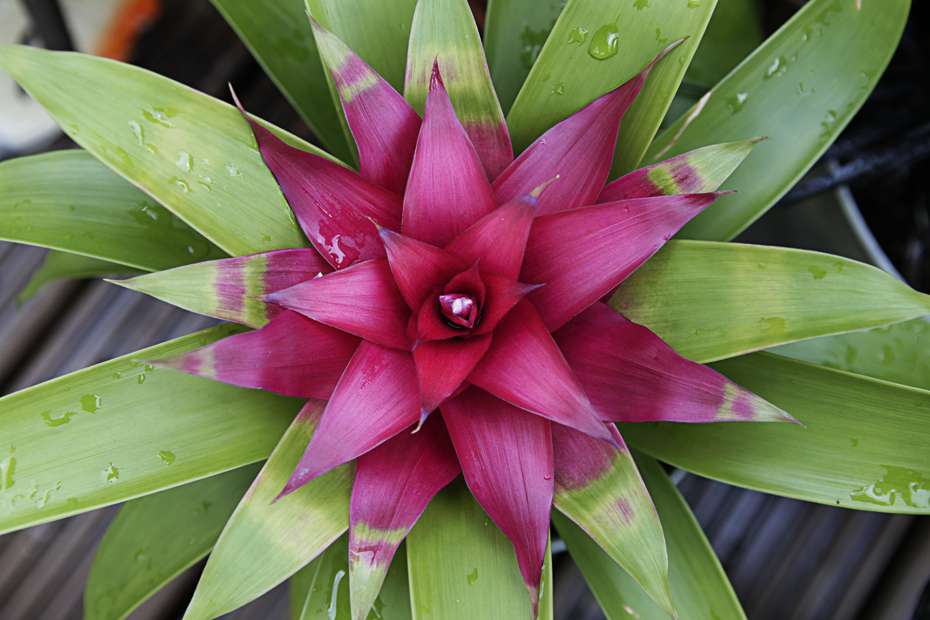

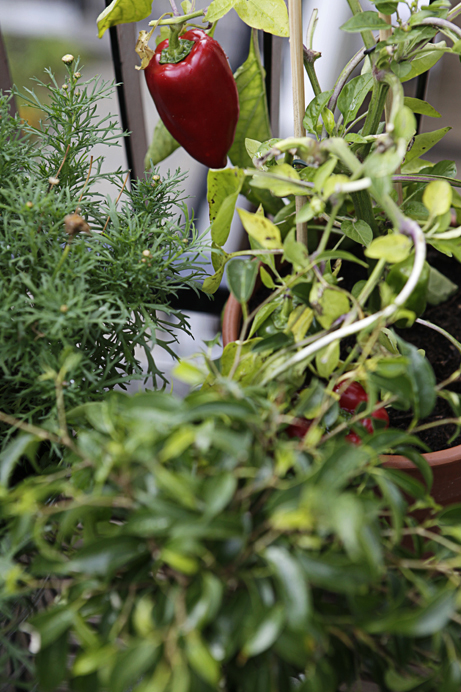
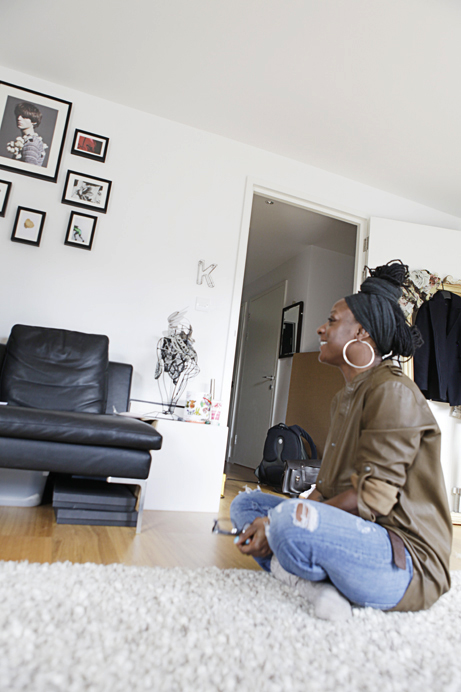
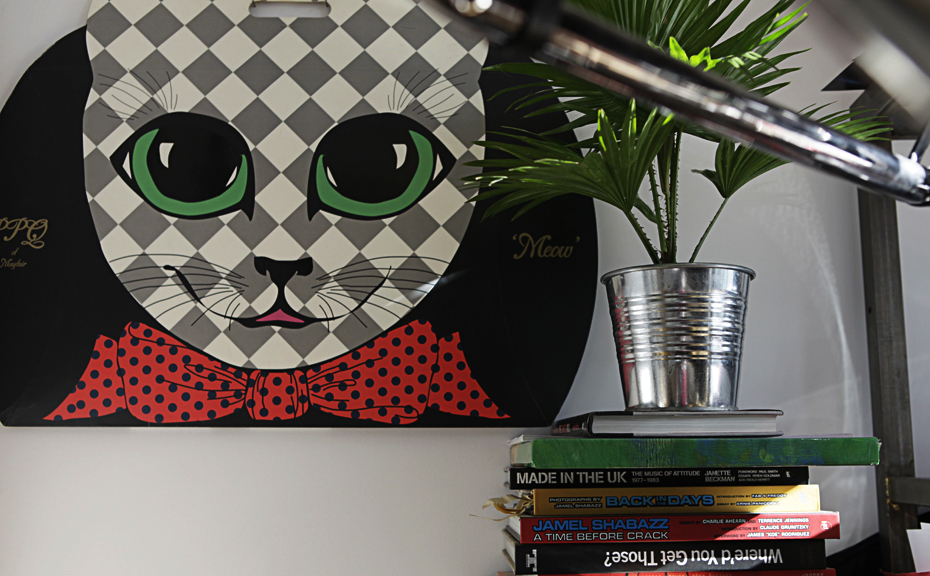
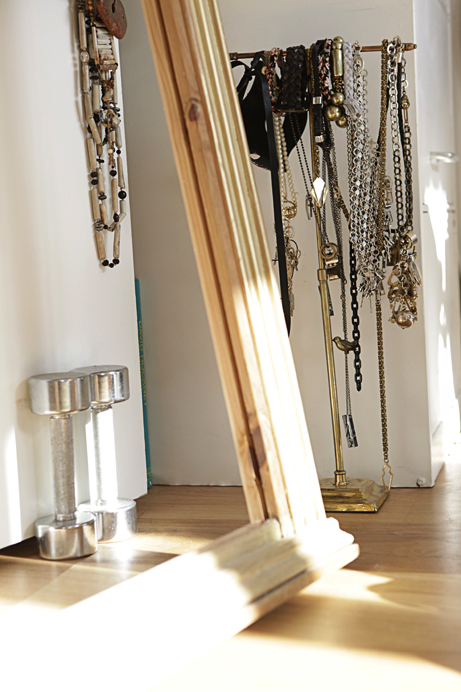
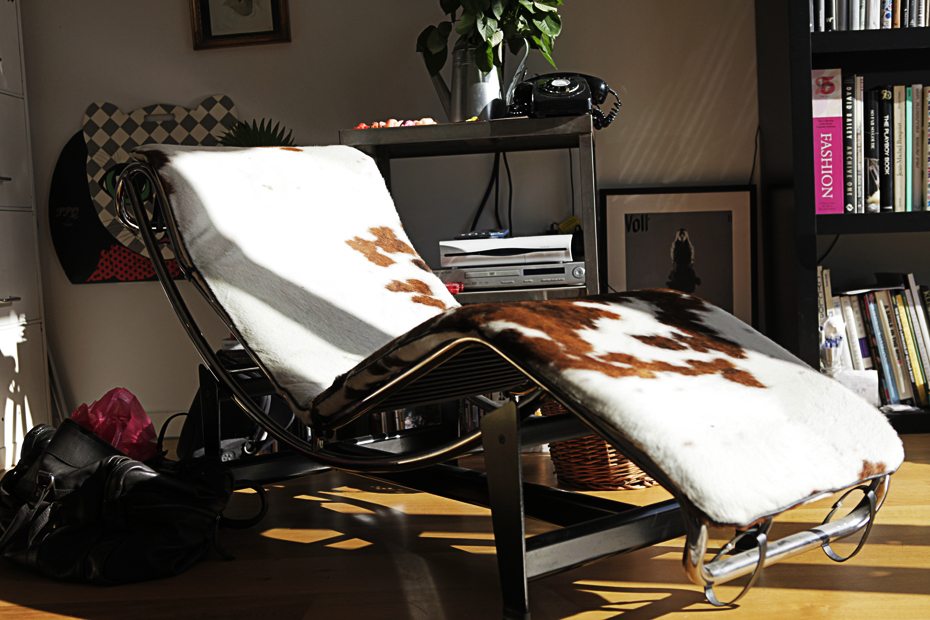
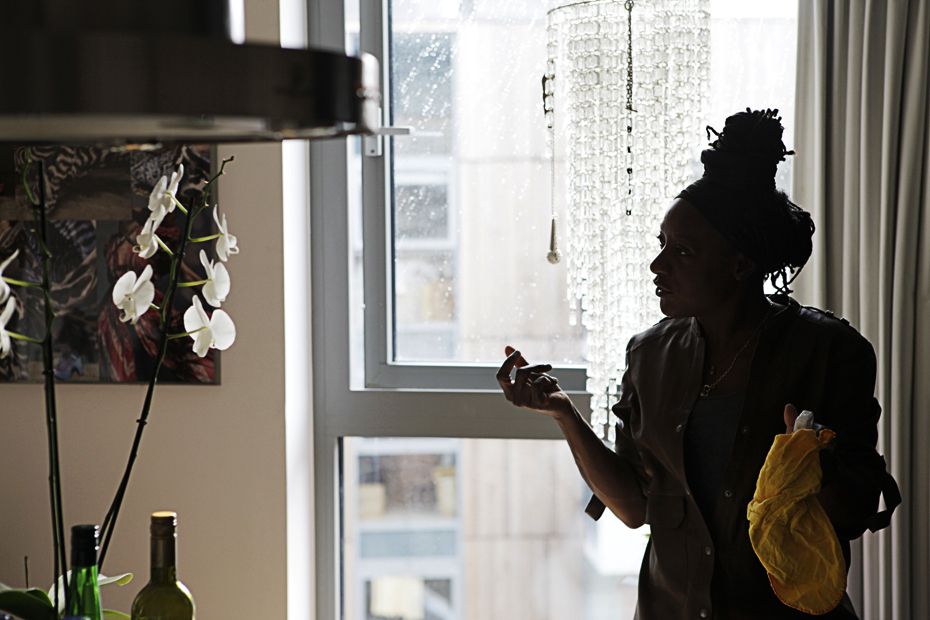
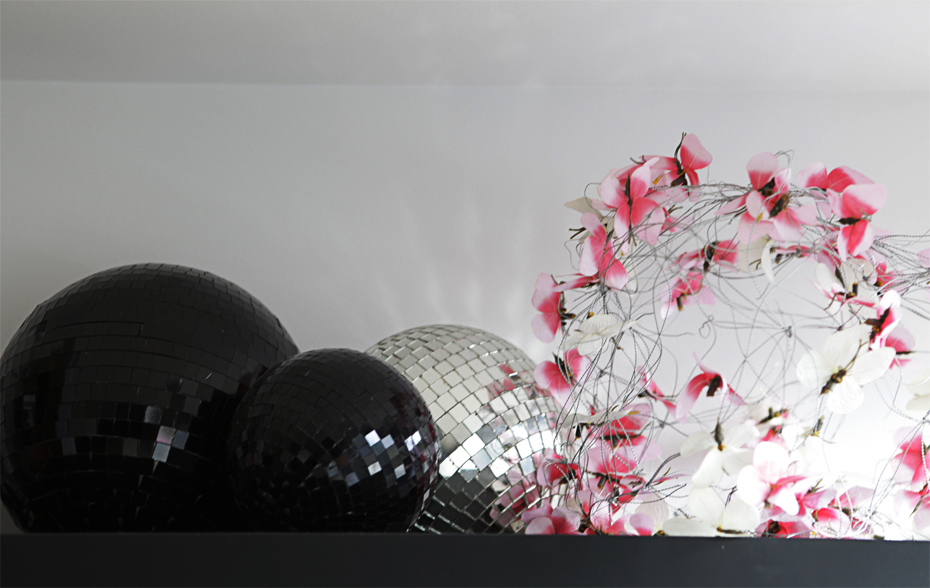
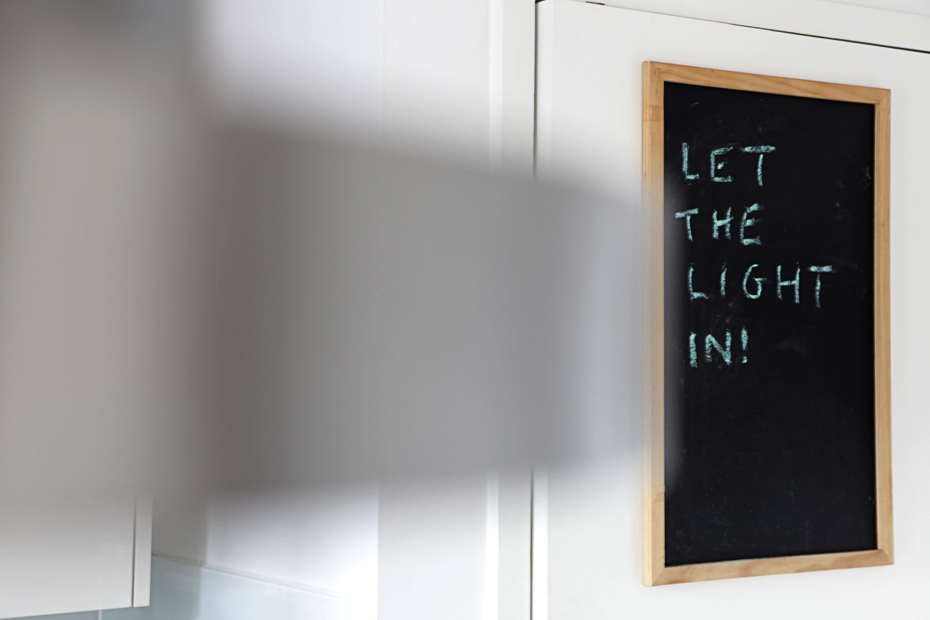
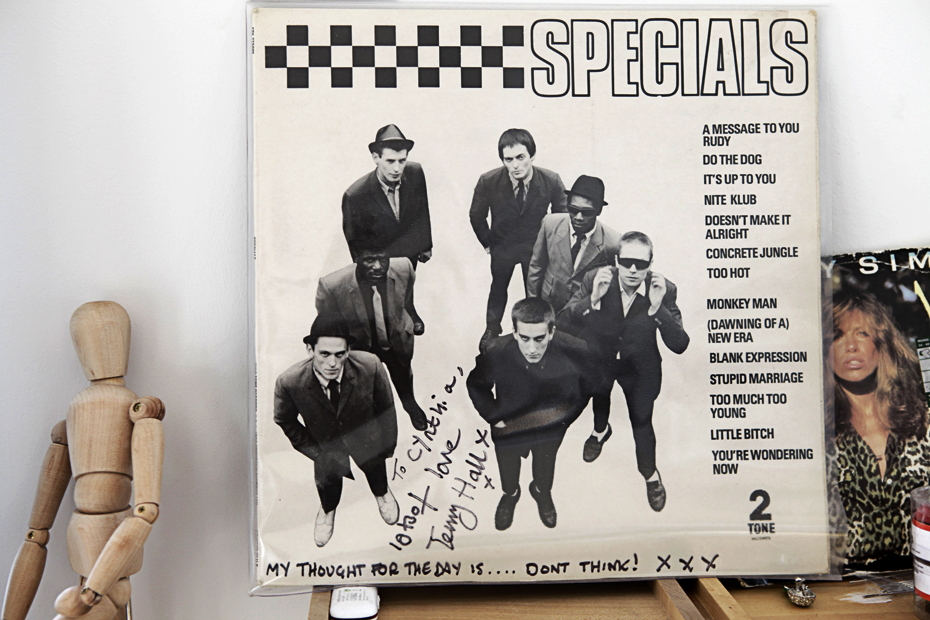
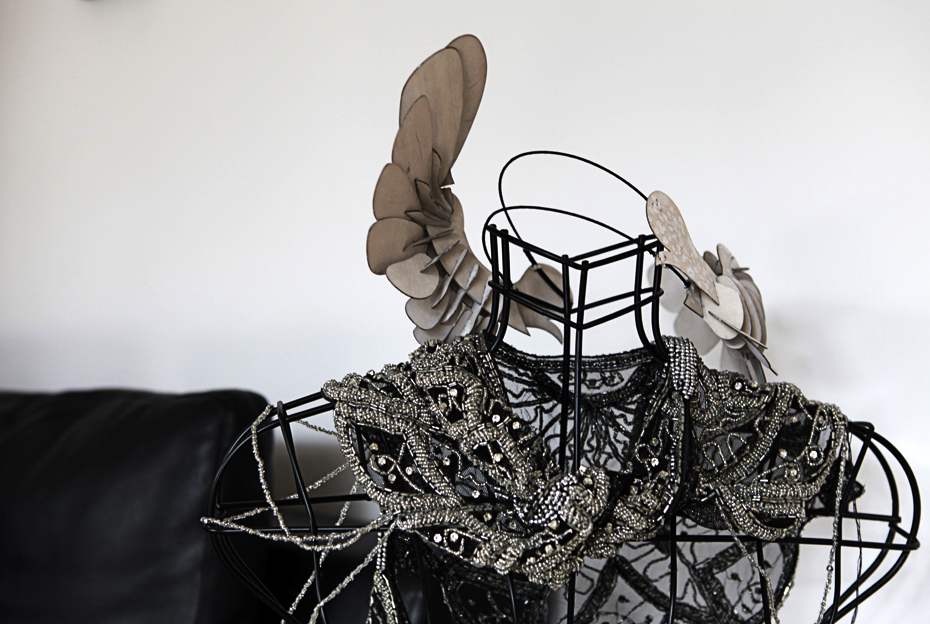
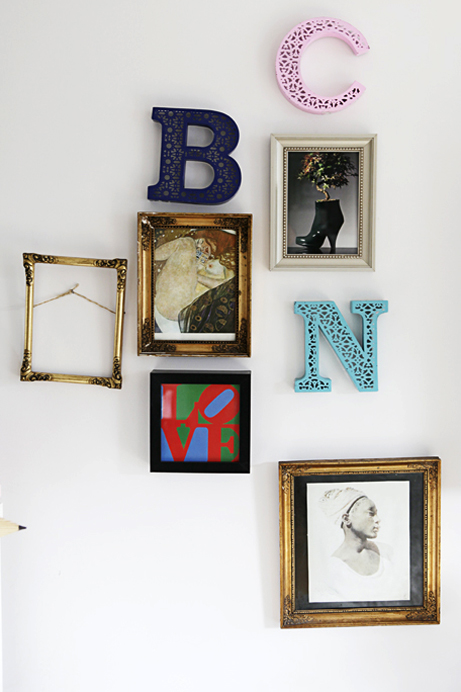
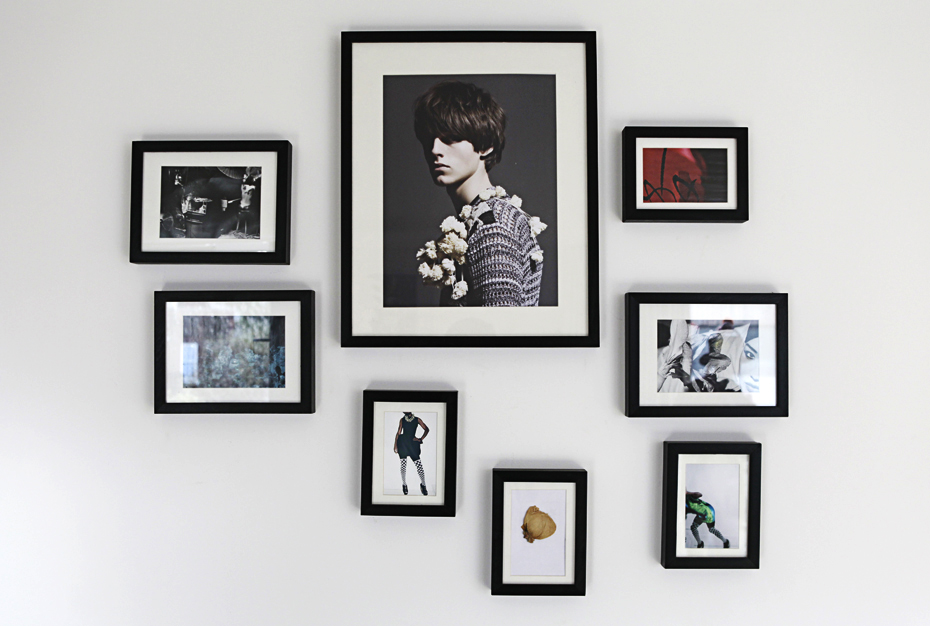
You are born and raised in London. Why did you consciously decide to stay in London?
I was born and raised in London up until the age of about thirteen or fourteen and I was a bit of a naughty kid. I went to an all girls Catholic church school, which you think would be a good thing, taught by nuns. But I was quite naughty and I used to love just after school getting on the bus and riding all over London and meeting people all over the place. And I used to hang out with lots of boys, I was a bit of a tomboy as well and my mother just said “No, no, this isn’t going into a good place”. So, when I was fourteen she put me on a train and send me to Cambridge. But you know what, that’s probably the best thing that anyone has ever done for me, because if she hadn’t done this I don’t think I would be sitting here now talking to you. I don’t know what I would be doing. But I wouldn’t have slowed down and got on with work. So the truthful thing is, I lived in Cambridge from about the age of fourteen until nineteen and then came back to London, because, as much as sometimes London gets on your nerves and people are so aggressive and you got to walk quickly, I just love the energy. That’s why.
The living conditions in London are renowned for being poor. What’s so exciting about the city, that people put up with incredibly high rents and heavily overcrowded spaces?
It’s funny. When I travel sometimes to get on the train and go to somewhere like Manchester, the minute I leave London I literally feel my shoulders ease up. You literally feel that you’re relaxing or that just something’s been taken away from you, which is beautiful. But I can only stand so much of that and I think a lot of people find that as much as they love going to the country that after a while you have to come back to the city, particularly if you are creative.
Have you ever considered living somewhere else?
The other place I could live and up until the beginning of this year I was going to live there, was in Mexico at a place called Tulum, which is really beautiful. It’s a real Mayan place, it’s got so much history and it’s so so beautiful, I can not even describe. My boyfriend lives there and I sold my house in London, packed everything up, sold lots of stuff or just gave lots of things away. People thought I was crazy. I was going to live there but I decided not to and it’s for the same reason I just mentioned. As much as I love being in a beautiful place after a while if there’s not a buzz or an energy, it doesn’t matter how beautiful it is, it doesn’t matter. Maybe it’s just something in me, I always find I have to come back. Or New York, I could live in New York easily. That’s my next plan to live or work more in New York.
Which places in London do you enjoy hanging out?
I love live music and it’s not necessarily going to a big event in Brixton Academy, I absolutely love to go to some local bar and there is a band on I’ve never heard of, who I don’t know who they are and then you are there and you can just hear them play. I love poetry readings as well and I love the British Museum, I love it. I like the V&A as well but it makes me sneeze because it’s so dusty. I am allergic to the V&A. Yeah, I like places like that. And I love Hampstead Heath and Richmond Park. God, here we go. Richmond Park in autumn.
Can you tell me how it all started for you? Did you always know what you wanted to do?
I graduated in film and photography from London College of Printing and I loved it. I used to shut myself in the dark room and spend ages just printing. I used to love black and white printing and black and white negatives, and I used to make lots of installations, some of them didn’t had any meaning or purpose but I loved making collages and things like that. And I used to do documentary, took pictures of bands, travel with bands, people like Skunk Anansie before they were big and some other bands like that. I would just do band portraits and take pictures of them. And then a friend of mine, this photographer, said “Oh god, I really need a stylist!” and I looked at him blank. Stylist didn’t exist then. And I looked at him blank and he was like “You can dress, you can dress yourself! I just need someone to dress a girl!”. And I did that and after that I got another job doing this styling thing and another one, then another one and I kept getting jobs as a stylist. That’s how it started, it wasn’t through me thinking “Oh, I wanna be a stylist.”
How did you meet Alister Mackie?
I love Alister Mackie. Still to this day, he makes me smile. I met him through a friend of mine, a photographer, who was working with him at that time and Alister needed an assistant so he called me. I remember, first when I went to meet Alister, I went to the office on time, ready to go and I waited and waited and waited and I remember Cathy Edwards and some of the others looking at me like “You will wait a while”. And I did. And I waited and I waited and I waited. And I think it was about half past six when eventually he actually answered my call, saying “Oh, you are there, are you?” and I was “Yeah, I waited all day”, really keen. And he was like “Oh, I’m not coming today, I am going to come tomorrow.” So the next day, I was going back and I waited and waited and waited and then finally he just came and walked in. And yeah, I worked with him for about a year. A year, a year and a half at Dazed. It was great. Brilliant person to work with, I loved to work with him. Have some good good memories of that time.
At that time, were you making a living from styling?
No! The thing is, when you first start, you do have to do things for free, that is one thing I always say to people. You can’t expect everything to just be paid loads of money. But I got to the point when it was a little bit too much. I started styling ten years ago, so I was thirty, which is quite old to start. And at that time, I bought my house, so I had a mortgage. So for me, working in the office, not earning any money was really hard. So I started with my own work.
When did you realize you were good at it?
I still haven’t. But somehow it’s ticking over. For me it’s more important to enjoy it. It’s only since the last three years that I really started saying “No” to a lot more things. Before, sometimes I was like “Ah that’s a great job, I will do that.” But I suddenly thought “I don’t really want to do this. I don’t like you as a client, it’s boring”. So I wouldn’t do anything. I only do things I enjoy now – or if they pay a lot of money.
How did it feel to see your first work in print?
It’s amazing when you finally see your name in a magazine as stylist and I haven’t lost this buzz or that energy, when you first see a magazine. I still get excited by it. I remember sending it to my mum and she said “Oh that’s good.”. That was her reaction. Until the day she passed away I think she still never quite understood what I was doing.
Which stylists influenced your work?
When my mother decided to ship us off to Cambridge – which is actually beautiful, but really fucking boring– it was the eighties and you had people like Ray Petri. That’s when styling really first started. People like Judy Blame, Ray Petri and Jamie Morgan. All of those people, originated in The Face magazine around that time. I always reference that time, because that for me is the time when fashion really did change. That’s when you really saw street fashion or street styling suddenly moving into magazines. I am really influenced by people like Judy Blame, even dating back to Neneh Cherry. I love Melanie Ward, I love Alister Mackie, Katy England. They are all a bit later. I am old school really. I love really creative people and I love fashion or styling when it wasn’t just about which label you have to put on a model. Sometimes my heart sinks when I work for a magazine and you get the advertisers list, and you see you’ve got to have D&G in there, you’ve got to have Gucci and it’s even worse if you’re working for an American magazine and they say “Do not mix your looks.”
Don’t mix your looks. Ok. So I’ve asked for Look 15 and I am just really dressing the girl in Look 15. First when I got the credits list from someone I actually remember saying “This is a joke”. Not that I have to use these brands but that I’ve been told that I can’t mix the looks. And that’s why I love going back to those magazines or people like Judy, where it wasn’t about the label. He could go and find an old shoe box on the street if he wanted to and that was ok, it was totally fine to do that.
Besides your work with models you have styled bands and actors. What do you prefer and what do you sense more challenging?
Actors are actually not so bad. I styled Johnny Depp. Dream work, because you kind of know his style, you’re taking a rail of things and he appreciates it and is like “Yeah, I wear that” and you work together. Whereas I found a lot of the time with music, some of them don’t have any idea but unfortunately they are very opinionated in what they don’t want, even if you try to push them in quite an interesting direction. Therefore I prefer editorial or even advertising because for me it’s almost like a day off. If you’ve had a long run of artists or musicians, advertising or editorial is almost relaxed and you actually enjoy yourself. And more important, you can actually style as opposed to dress and be like “Oh you look wonderful! Oh, you can do this, it’s fine!” and massage someone’s ego. That’s not fun.
How do you define great style?
It doesn’t matter what you put on, it’s just doing it in an effortless way that is almost reflecting yourself – that to me is style. Whereas anyone can look fashionable but not anyone can look stylish. To me, stylish is about being comfortable within yourself. That’s how I define it. And some people get it wrong. I went to this thing the other day and there was this girl and you could tell that she really thought she would look amazing. She had a big red bow and really high shoes on, she couldn’t walk in and I thought “God, she looks like a clown.” Because you could tell she was so aware of what she was wearing and it looked rubbish. I wouldn’t say that to her. Because, bless her, at least she tried. It looked rubbish, but the worst thing about it was, she was not comfortable in it. She couldn’t walk and the bow kept moving. It was so blunt.
When I worked with you on shoots I was quite impressed by your relaxed attitude. How come you don’t lapse into typical fashion hysteria, like so many others do?
Maybe it’s from working with people like Alister and being around people like Katy England. You’ll never see them getting into that hysterical way. I think sometimes people think they have to behave in that way because that’s how you are supposed to behave in fashion. And to be honest with you, I just find it really naff. Obviously if something has not arrived that you wanted, then one of my assistants will know. I am not one of these people that gets mad. What’s the point? It doesn’t help anyone, no one is enjoying it and we are doing this to enjoy it. And also I am just not this kind of person. If I do get angry everyone fucking knows about it, believe me. That’s why I don’t get like that, because I know how bad it is when I do.
What are your ambitions for Volt?
With Volt I just want it to grow. The thing with Volt is, because we all have other jobs and things going on, I just love the way, it’s growing and it’s getting bigger and better every issue. And I love that we are still here. Because so many magazines that started the same time as us don’t exist anymore. They’ve gone, owing people money. We will not do that. I do not want to do that. It’s just making it bigger and better. Almost growing it into a brand in a way, but not necessarily a commercial brand. That’s the way for Volt.
How do you think magazines are changing?
Magazines had to change. I think it says a lot that a magazine like i-D had to come out with an issue statement, basically saying that they couldn’t afford doing an issue every month. Now to me, that just seems incredible, because something like i-D is packed with advertising. But they are obviously struggling and advertising rates are going down. Because of the Internet, I think monthly magazines are going to become more obsolete. Even now, if I buy Vogue, it’s simply because I am going to get on the train and I want something to read. I will not go and buy it because I think “Oh, it has informational things I don’t know”. I think the weekly magazines have taken over from that, so I think magazines have to be more like mood-boards almost, particularly the bi-monthly or the quarterly ones. I think that’s the way magazines are gonna go. The Internet has changed that. Someone could send me a press release on Monday about a new collaboration, the Internet can get that on and spread it within minutes. And a magazine like Vogue, they just end up looking outdated if they report things like that. So they have to change what they are actually writing about and news stories or interviews are obsolete. It now has to be more about a spirit.
What are your thoughts about fashion blogs? Are there any in particular you check out regularly?
I don’t really read fashion blogs. I should read them more often because I actually quite like them. There is this whole thing where a lot of the old school fashion journalists really don’t like blogs and bloggers. And a lot of bloggers are lazy and do just lift things from other blogs and if you actually do sometimes read four or five blogs in one day you literally can see that. In that way I can see why a lot of traditional journalists don’t like them. But they have a place and I think they spread news very quickly. I like blogs, I just don’t tend to read them a lot. I like someone like Susie Bubble, that’s an obvious one. But if I would say I read it every day, I would actually be lying to you.
Any projects for the future?
Obviously the next issue of Volt, which we are really just pushing forward with. And the other thing is Volt Café. We started that and it’s good, but we have just redesigned it, so I am really excited about how Volt Café will be moving as well. And again with Volt Café I really want it to be almost like a mood-board of ideas, sometimes they don’t even need to make sense. We’ve got some brilliant interviews there, which I love, and people are actually going to speak to designers. One of the things I love and that is something I want to continue at Volt, is not always having to write about people, because there is a press release or a release of a book or whatever. There might be someone who is really fucking interesting. Then, you know what, let’s just write about them, they don’t have anything to promote besides from who they are. So that’s the direction.
For more information about Cynthia and her work at Volt Magazine, visit www.cynthialawrencejohn.com and www.voltcafe.com.
Photography: Jean-Philippe Woodland
Interview & text: Lilli Heinemann
